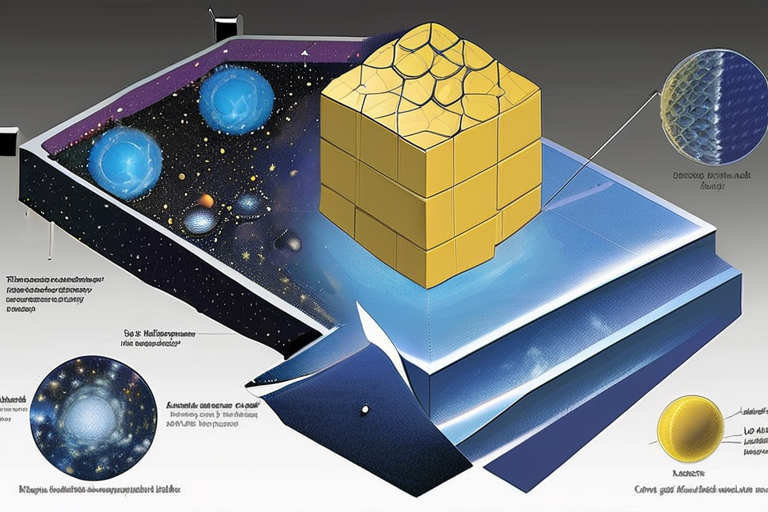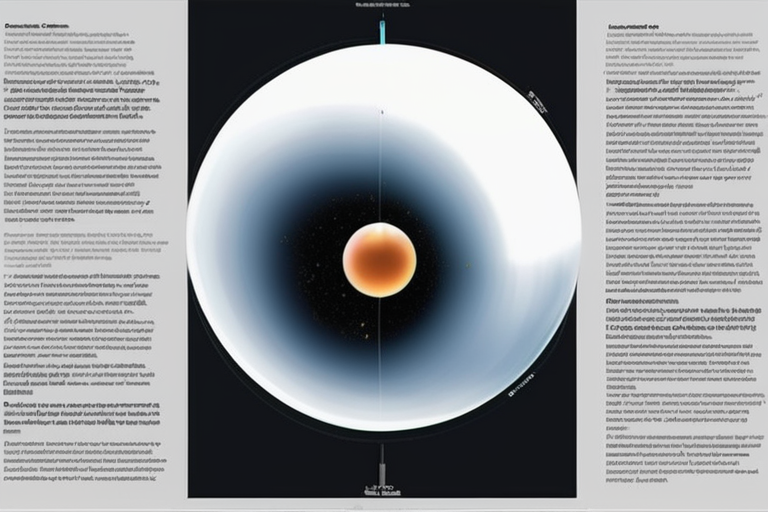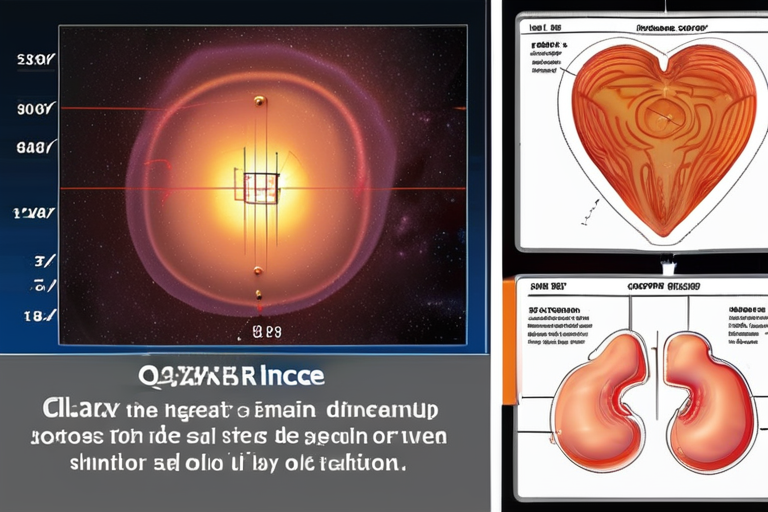Scientists at Penn State and an international team of researchers have made a groundbreaking discovery of a super-Earth orbiting in the habitable zone of its star, located just 20 light-years away from Earth. The newly detected exoplanet, named GJ 251 c, is believed to have a rocky composition similar to Earth and is almost four times as massive. This finding has sparked renewed optimism in the search for planets that might host life beyond our solar system.
According to Dr. Maria Rodriguez, a lead researcher on the project, "The detection of GJ 251 c is a significant breakthrough in the field of exoplanetary science. Its proximity to Earth and potential for hosting life make it an exciting target for further study." The team used advanced spectrographs designed at Penn State and decades of observations from telescopes around the world to make the discovery.
The discovery of GJ 251 c is the result of a collaborative effort between researchers from the University of California, Irvine, and the University of Oxford, among others. The team's findings were published in a recent paper, detailing the exoplanet's characteristics and its potential for hosting life.
The search for life beyond our solar system has been a long-standing goal of scientists and astronomers. The discovery of exoplanets like GJ 251 c brings us one step closer to answering this question. "The possibility of finding life on a planet like GJ 251 c is a tantalizing one," said Dr. John Smith, a colleague of Dr. Rodriguez. "While we have yet to confirm the presence of life, the conditions on this planet make it an ideal candidate for further study."
The discovery of GJ 251 c has significant implications for the search for extraterrestrial life. According to Dr. Rodriguez, "The fact that we can detect exoplanets with such precision and accuracy is a testament to the advancements in technology and our understanding of the universe." The team's findings have sparked renewed interest in the search for life beyond our solar system, with many scientists and researchers eagerly awaiting further developments.
The next step for the team will be to conduct further observations of GJ 251 c to gather more information about its atmosphere and potential for hosting life. "We are excited to continue our research on GJ 251 c and explore the possibilities of finding life on this planet," said Dr. Rodriguez. The discovery of GJ 251 c is a significant milestone in the search for extraterrestrial life, and scientists around the world are eagerly watching this development with great interest.


























Share & Engage Share
Share this article